Caused by inflammation, psoriasis itch can be managed with a variety of treatments, like moisturizing and taking cooler and shorter showers
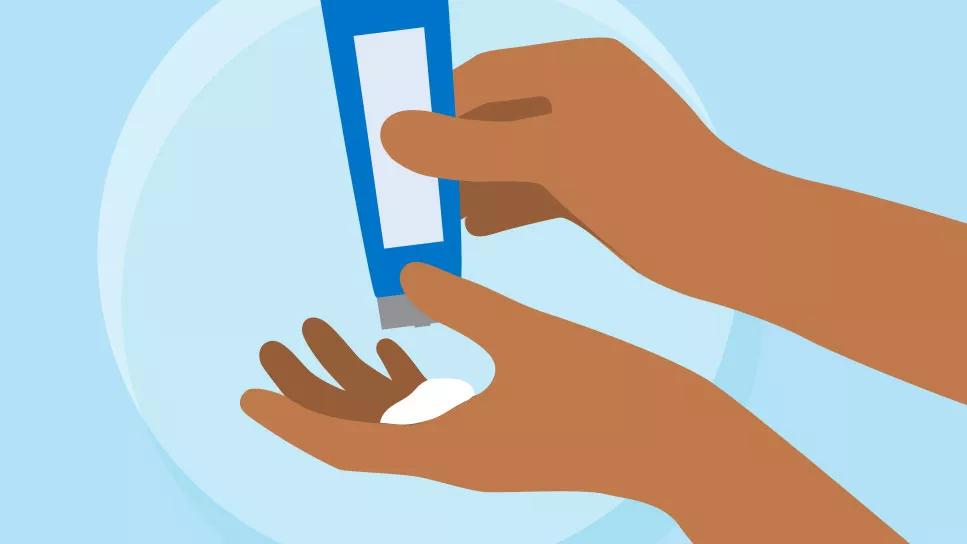
While psoriasis, an autoimmune skin condition, may be mostly known for the red, scaly patches that appear on your skin, another significant symptom you may have to deal with is itchiness (known as pruritus).
Advertisement
Cleveland Clinic is a non-profit academic medical center. Advertising on our site helps support our mission. We do not endorse non-Cleveland Clinic products or services. Policy
And in addition to an itchy feeling in and around your psoriasis patches, you may experience pain and a burning sensation.
About 70% to 90% of people with psoriasis say they experience itching. This frequent and relentless symptom can be frustrating and disrupt your life.
But you can find relief.
Dermatologist Kathryn Anderson, MD, explains why psoriasis leads to itching and how to stop psoriasis itch.
If you have psoriasis, your immune system increases how many skin cells it produces, causing a buildup of skin cells that result in red, scaly — and at times — itchy patches on your skin. That inflammation of your skin is the main cause of itching.
But other factors like your clothes, stress, weather conditions and irritants typically found in soaps, lotions and other products can also cause itching.
“Most people with psoriasis have itching but not all do,” clarifies Dr. Anderson. “Different types of psoriasis can have different symptoms and any type of psoriasis can itch. But with psoriasis involving the hands and feet, known as palmoplantar psoriasis, I tend to see itching. People with that type of psoriasis also report more of a burning or painful sensation. And that’s often because the inflammation on that thick skin can lead to cracking and open sores that hurt.”
Advertisement
You may have noticed that your psoriasis itches more at night. Why is that?
“Having itchiness is multifactorial with psoriasis. There are inflammatory roles, there’s involvement of the nerves and then there’s involvement of hormones,” explains Dr. Anderson.
She notes that your body releases certain proteins, called cytokines, at night which can contribute to itching.
“Additionally, the itching gets worse at night because your mind tends to be less busy,” she continues. “When your mind is trying to be quiet, you can feel a lot more of the symptoms that are going on with your body.”
While you may be tempted to scratch your itchy psoriasis areas (and be worried that doing so can spread psoriasis to other parts of your body), Dr. Anderson says that can lead to infections, slow healing and make your psoriasis worse in the long run.
But you can find relief with the right combination of treatments and remedies. In addition to seeking treatment from a board-certified dermatologist, Dr. Anderson suggests the following:
Dry climates can lead to dry skin — and that can lead to itchiness. But one thing you can do every day is make sure you moisturize your skin.
Apply lotion after you bathe and even a few times throughout the day. Doing so will keep your skin hydrated and soothe any itching.
Dr. Anderson recommends using a moisturizer that contains a mild keratolytic agent like salicylic acid or urea acid. These ingredients are known to gently exfoliate the skin.
In addition to making sure you moisturize your skin every day, Dr. Anderson says you can use an over-the-counter itch relief cream. Look for anti-itch creams that contain pramoxine, an ingredient commonly used to temporarily relieve pain and itching.
“Keep your anti-itch cream in the refrigerator because the coolness can also help relieve itch,” she advises.
You can also find some itch relief by using a cool compress.
“If you’re using an ice pack, limit that to 10 minutes,” instructs Dr. Anderson. “But if you’re using just a cool compress like a cold damp washcloth, you can use that as frequently or as long as you want.”
She also says to avoid using heat therapy.
“When it comes to itching, warmth dilates blood vessels bringing more blood flow to the area, which can lead to more inflammation.”
That school of thought also applies to how you bathe. Try not to take hot baths or showers and limit how long you bathe to just 10 minutes.
In your arsenal of creams and lotions, consider having a numbing cream such as a topical lidocaine.
Advertisement
“A numbing cream works well for people who have pain sensations rather than just itching,” says Dr. Anderson.
The itchiness may feel overwhelming — and your mind may be spinning thinking about it. But stress can worsen itch. Try to reduce your stress and relax by practicing meditation, yoga or deep breathing.
These methods can calm your mind, relieve stress and help you refocus your energy on other things besides the itching.
Whether it’s at night when you’re trying to sleep or during the day when you’re trying to focus on tasks, psoriasis itching can be maddening. And if you give in to the itch and scratch away, you could be doing more harm than good.
In addition to having go-to methods to stop the itching when it happens, Dr. Anderson says it’s vital that you work with your healthcare provider to treat your psoriasis and avoid any potential triggers.
“With these options, the goal is to treat the underlying inflammation that’s causing the psoriasis so you don’t have to use anti-itch cream or a numbing cream for too long,” she says. “The goal is to use those while we get your psoriasis under control.”
Advertisement

Sign up for our Health Essentials emails for expert guidance on nutrition, fitness, sleep, skin care and more.
Learn more about our editorial process.
Advertisement

Moisturize often, take oatmeal baths, use Epsom salts and follow a healthy diet to help reduce your symptoms
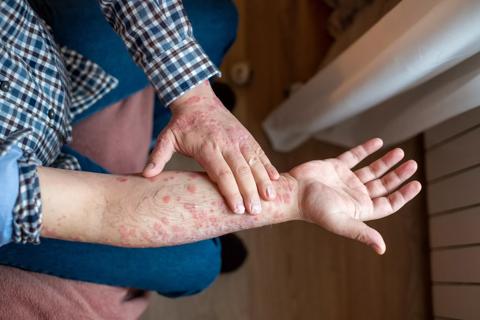
The common skin condition isn’t contagious, but it can pop up anywhere on your body during a flare

A well-balanced diet with anti-inflammatory foods can help reduce flare-ups and severity of psoriasis symptoms
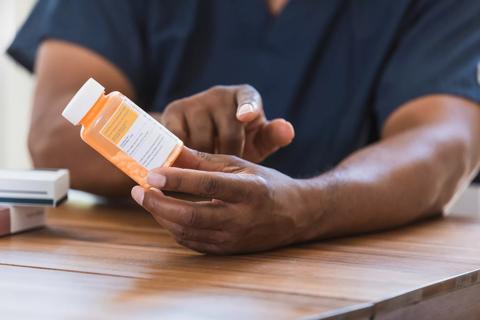
Stress, infections, skin injuries and environmental factors can trigger an onset of psoriasis symptoms
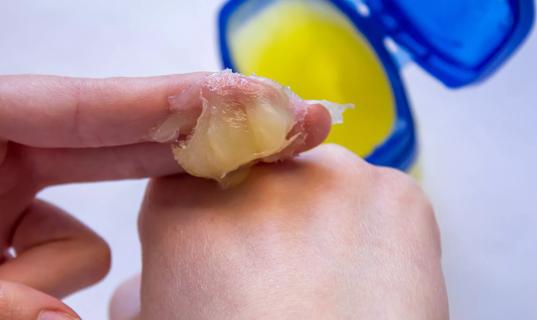
Learn your triggers, stay moisturized, quit smoking, prioritize sleep — and avoid scratching
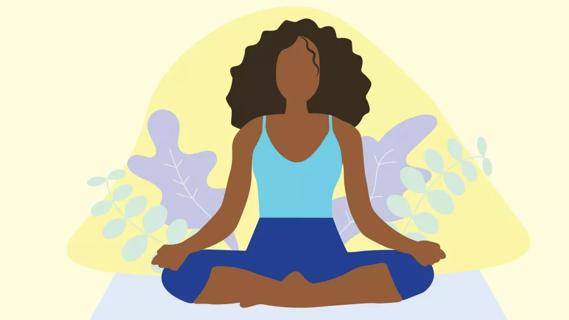
Stick to your treatment plan, but keep your provider updated on any new symptoms or triggers

An expert explains the difference between the two skin conditions
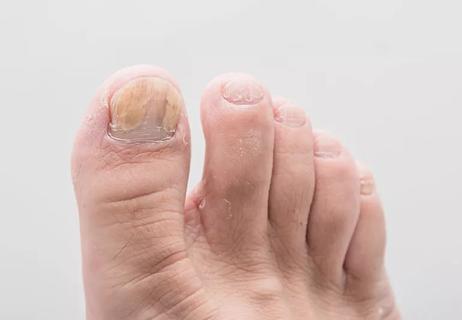
Nail psoriasis and nail fungus have a lot of similarities, but one is a result of an infection and the other is inflammatory

Even small moments of time outdoors can help reduce stress, boost mood and restore a sense of calm

A correct prescription helps your eyes see clearly — but as natural changes occur, you may need stronger or different eyeglasses

Both are medical emergencies, but they are very distinct events with different causes